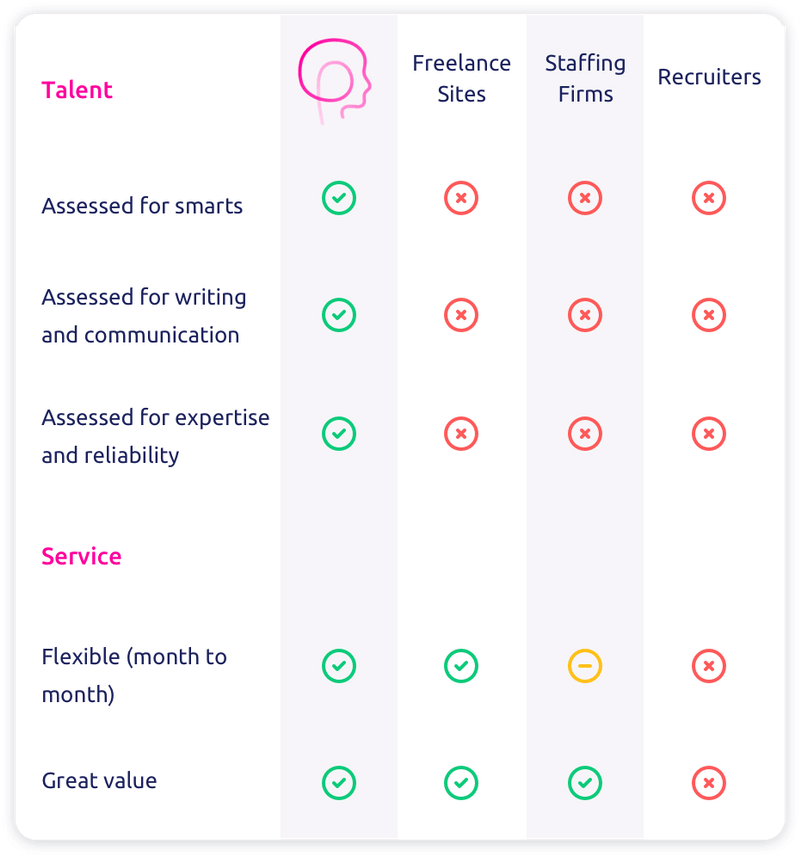What Is Corporate Culture?
Corporate culture refers to the shared values, beliefs, attitudes, and practices that characterize an organization and shape its behavior. It is the personality of an organization and defines the work environment, the way employees interact with each other, and the way they approach their work.
The corporate culture of a company is often reflected in its mission statement, vision, and core values. It can also be seen in the company’s policies, procedures, and practices. Corporate culture is influenced by the company’s leadership, history, industry, and the people who work there.
Corporate culture can have a significant impact on the success of a company. A positive culture can lead to increased productivity, employee satisfaction, and customer loyalty. A negative culture, on the other hand, can lead to high turnover rates, low morale, and poor performance.
Examples of corporate culture can include a focus on innovation, a commitment to customer service, a dedication to teamwork, or a strong emphasis on work-life balance.
Why is corporate culture important?
Corporate culture is important because it shapes the way employees behave and interact with each other, as well as with customers and stakeholders. A positive corporate culture can lead to increased employee satisfaction, productivity, and retention, as well as improved customer satisfaction and brand reputation.
What are some examples of corporate culture?
Examples of corporate culture include a focus on teamwork, innovation, transparency, work-life balance, and social responsibility. Some companies may have a more laid-back or casual culture, while others may have a more formal or traditional culture. It ultimately depends on the values and priorities of the organization.
Dos And Donts for Corporate Culture
Dos
- Encourage open communication and transparency among employees and management
- Promote a positive and inclusive work environment
- Provide opportunities for professional development and growth
- Recognize and reward employees for their contributions
- Establish clear goals and expectations for employees
- Encourage collaboration and teamwork
Donts
- Discriminate or show favoritism towards certain employees
- Tolerate harassment or bullying in the workplace
- Ignore employee feedback or concerns
- Allow a toxic work environment to persist
- Fail to provide adequate support and resources for employees
- Micromanage or excessively control employees

